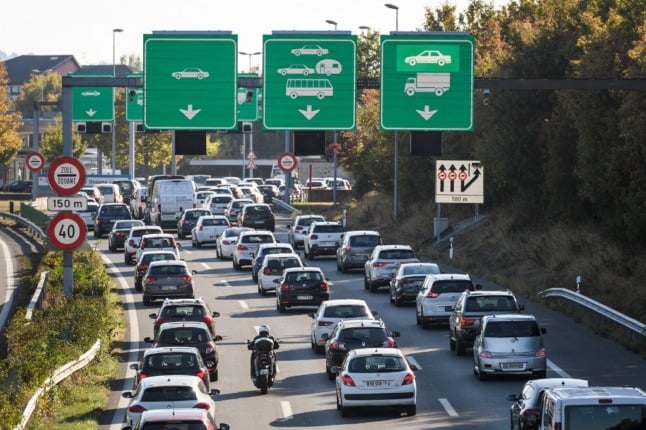The agreements between France and the governments of Belgium, Luxembourg, Germany, Switzerland and Italy avoids double taxation issues for anyone travelling across the French border to or from those countries in order to work.
During the pandemic, tax rules were eased to allow French cross-border employees, like their counterparts in Belgium, Luxembourg, Germany, Switzerland and Italy, to work from home without having to change their tax status.
The deals, which were established at the beginning of the health crisis in March 2020, were due to end on September 30th – and would have plunged cross-border workers still working from home because of the health crisis into renewed uncertainty over their taxes.
READ ALSO Switzerland and France conclude tax deal for cross-border ‘home workers’
The latest extension of these agreements means there’s no confusion over where a cross-border worker pays their taxes until December 31st – for example cross-border workers who work in Geneva but live in France, who normally pay their taxes and social security contributions in Switzerland.
Under normal circumstances, anyone living in France who works in Switzerland can spend no more than 25 percent of their time working from home. If they exceed this time limit, they would have to pay these tax charges tin France rather than in Switzerland, which would be much higher.
The agreements between France and Belgium, Luxembourg, Germany and Switzerland “provide that days worked at home because of the recommendations and health instructions related to the Covid-19 pandemic may … be considered as days worked in the state where [workers] usually carry out their activity and therefore remain taxable,” according to the statement from the French Employment Ministry.
In the case of Luxembourg, days worked from home because of the health crisis are not counted in usual the 29 day limit.
READ ALSO: Why are French people now crossing the border to dine and shop in Switzerland?



 Please whitelist us to continue reading.
Please whitelist us to continue reading.
Member comments